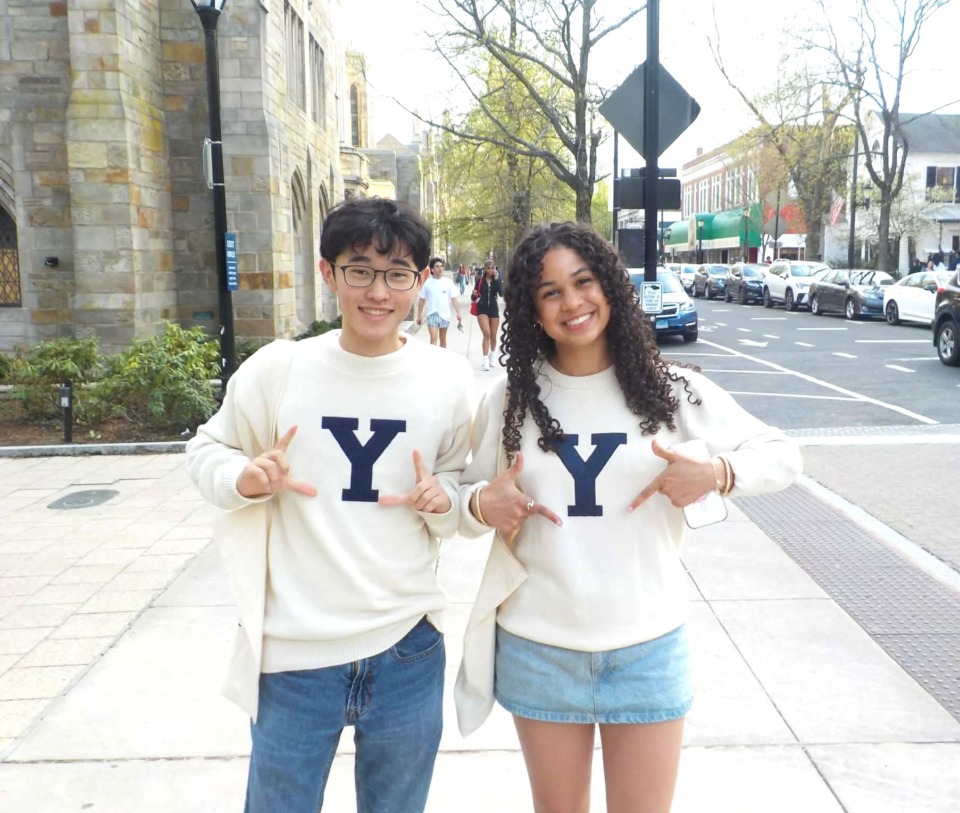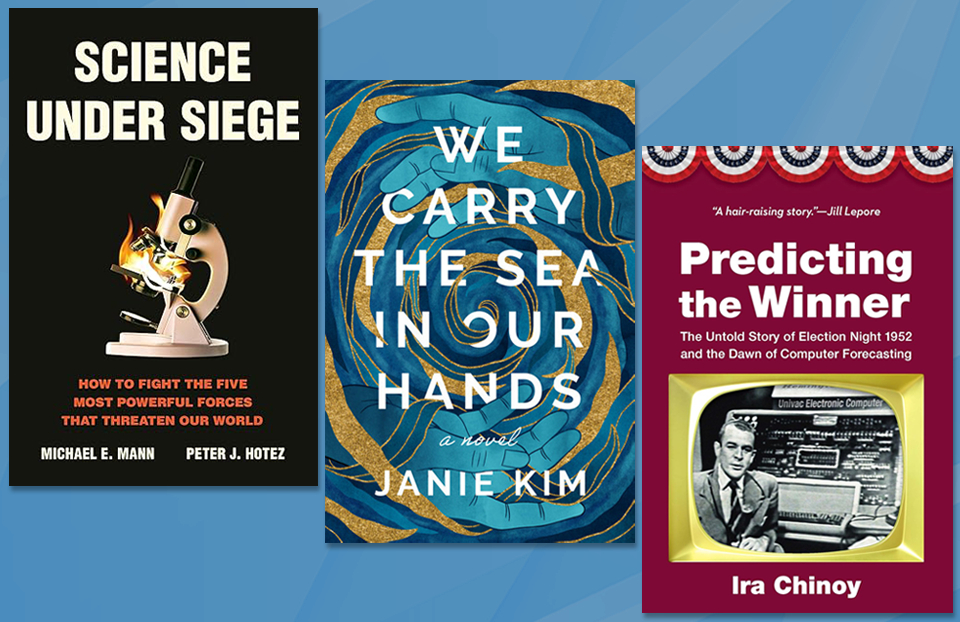Alumni, Intel STS, Westinghouse STS
A Nobel Pursuit
The Society for Science & the Public’s science competitions have served as early milestones in the careers of many outstanding scientists, including seven Nobel Prize winners. These alumni often give back to the same programs that marked their first success in science, helping the next generation to realize their own potential to do Nobel-worthy research.
For example, four Nobel Laureates offered advice to Intel ISEF 2010 finalists. They answered questions ranging from the genetic engineering of food, to involvement in politics, to the internationalization of scientific research. The panelists included: Dudley Herschbach (Chemistry, 1986), Douglas Osheroff (Physics, 1996), Richard Roberts (Physiology or Medicine, 1993), and Kurt Wüthrich (Chemistry, 2002).
Students were curious about how these successful scientists handled setbacks, mistakes, and unexpected results. In response, Roberts told a story of a postdoctoral researcher who consistently got the “wrong” result until Roberts agreed to do the experiment himself to show the young researcher how it’s done. Of course, Roberts got the same result. “This is one of the joys of science,” he told the finalists. “When you think you are headed in one direction and all the observations and data send you somewhere else. It’s a wonderful, wonderful thing.”
Roger Tsien (STS 1968), a 2008 Nobel Laureate in Chemistry, also offered wise advice to the finalists. He emphasized that they should not do science for the purpose of winning prizes and recognition. Instead, he advised that they find things about which they are passionate, and persevere.
“He talked about how important it was to enjoy what you were doing; to have passion about the study because science requires an immense amount of dedication, and this level of concentration can only be given if the experimenter is truly passionate about something,” said Lori Ying, an Intel STS 2010 finalist. “For me, his speech really conveyed how work isn’t work if you enjoy it.”
Tsien also encouraged students to expand their minds by taking as many non-science courses as possible in college: he took classes in photography and music because “science isn’t everything.”
Wally Gilbert (STS 1949), who won the Lasker Award in 1979 and the Nobel Prize in Chemistry in 1980, echoed that thought when he recently shared his views in Science News for Students. As a photographer, he encouraged kids interested in both science and art to pursue both. “In science, what we’re most interested in is a new solution to new problems. And it’s amazing, the speed of discovery. The real thrust in art is also, ‘What is really new and different?’” he said. “The creative impulse is very similar.”
Seven Society alumni won a Nobel Prize
Ben R. Mottelson
(STS 1944)
Physics, 1975
Leon N. Cooper
(STS 1947)
Physics, 1972
Walter Gilbert
(STS 1949)
Chemistry, 1980
Sheldon L. Glashow
(STS 1950)
Physics, 1979
Roald Hoffman
(STS 1955)
Chemistry, 1981
Frank Wilczek
(STS 1967)
Physics, 2004
Roger Tsien
(STS 1968)
Chemistry, 2008


